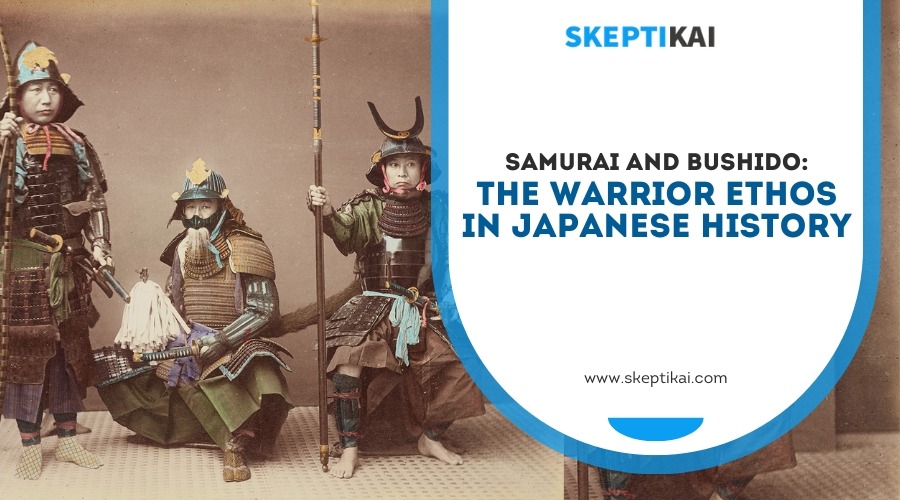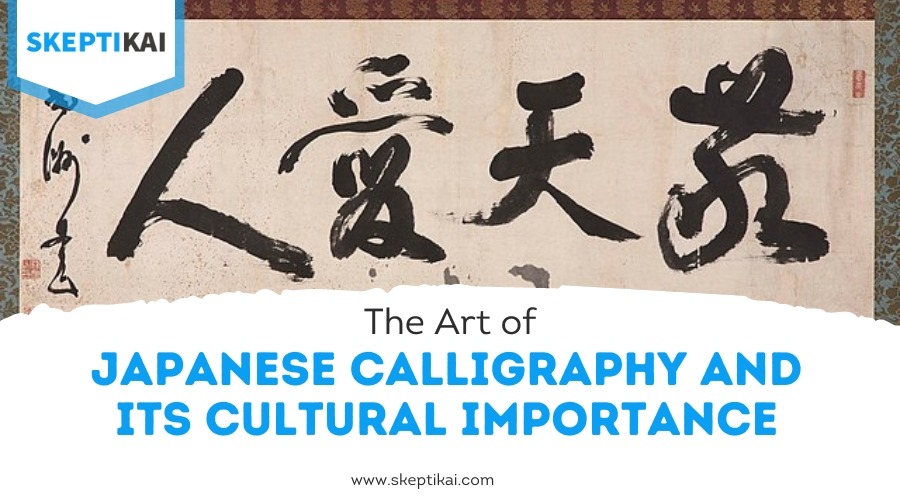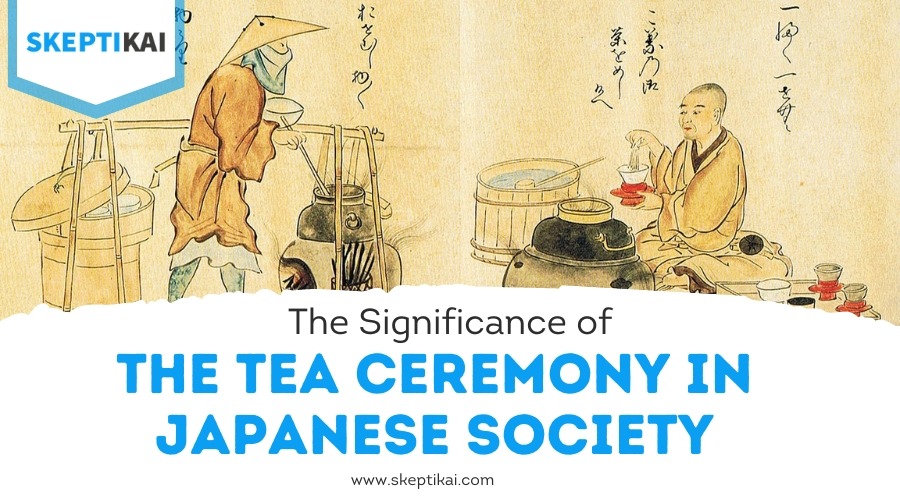Why Is Japanese Work Culture so Bad?

Japanese work culture is challenging due to its deep-rooted traditions and societal expectations. Loyalty and hierarchy, ingrained from feudal times, shape interactions, but also stifle innovation and younger voices. Employees face extreme work hours and limited work-life balance, impacting personal and family time. There's a stigma around mental health, leading to struggles and burnout. Societal pressures push conformity, discouraging change and hindering new ideas. The concept of "gaman" encourages enduring hardships, which can perpetuate these issues. However, understanding these dynamics reveals possible avenues for improvement and healthier work environments.
Historical Context and Evolution
Understanding the historical context and evolution of Japanese work culture is crucial to grasp its current dynamics. You'll find that Japan's work culture has deep roots in its feudal past, where loyalty and hierarchy were paramount. During the Edo period, these feudal influences shaped social structures and work ethics. Individuals were expected to serve their lords with unwavering dedication, a concept that has permeated through time, influencing modern corporate environments. This legacy is evident in the emphasis on loyalty and a strong hierarchical order within Japanese companies today. The Japanese education system also plays a role in shaping work culture by instilling core values such as discipline, respect for authority, and dedication from an early stage, which are mirrored in the workplace. Post-war Japan experienced a significant transformation that further molded its work culture. After World War II, Japan's focus shifted to rebuilding its economy, which led to rapid industrialization and economic growth. You might notice that during this period, the concept of lifetime employment became prevalent. Companies offered job security in exchange for employee loyalty and commitment. This reciprocal relationship powered Japan's economic miracle, fostering a work environment where dedication to a single company was not just expected but honored. By understanding these historical influences, you can better appreciate the complexities and unique characteristics of Japanese work culture in the present day.
Long Working Hours

Recognizing the historical underpinnings of Japanese work culture helps explain the phenomenon of long working hours prevalent today. It all started post-World War II when rapid industrial growth demanded a highly committed workforce. This dedication to work is reminiscent of the strong work ethic instilled from an early period in the Japanese education system, promoting respect for authority and responsibility. You'll notice that this dedication has morphed into an entrenched overtime culture, where working late isn't just common; it's often expected. Many companies view long hours as a sign of loyalty and dedication. Unfortunately, this mindset often pressures employees to sacrifice personal time, leading to a blurred line between work and life.
You're probably aware that such a culture can lead to employee burnout. When you're consistently clocking in extra hours, your mental and physical health can suffer. The lack of work-life balance means you're constantly tired, stressed, and less productive over time. It's a vicious cycle where the more exhausted you become, the less efficient you are, forcing you into even longer hours to meet expectations.
Breaking free from this cycle is challenging, especially when it's the norm. However, recognizing its impact is the initial step toward change. Addressing this issue is vital for healthier, more sustainable workplaces and happier employees.
Hierarchical Structures

In Japanese work culture, hierarchical structures shape the dynamics of workplace interactions and decision-making processes. You might notice that the workplace operates on a strict vertical hierarchy, where respect for authority is deeply ingrained. This hierarchy influences power dynamics, making it challenging for employees to voice opinions or challenge superiors. As a result, decision making often flows from the top down. Notably, this mirrors the traditional family structure where family and community approval play a vital role in marriage decisions, highlighting the cultural emphasis on deference to authority figures.
You're likely to find that junior employees rarely participate in discussions, as they're expected to defer to their seniors. This creates an environment where innovation and creativity can be stifled, as fresh ideas are not always welcomed unless they align with senior management's views. In this situation, decisions are not just about business; they reflect seniority and experience.
When you're in such a setting, it can feel like maneuvering through a maze of unspoken rules and expectations. Understanding these power dynamics is essential to thriving within the system. However, this structure can lead to frustration, as the lack of open communication hampers problem-solving and adaptability. It's clear that while hierarchical structures maintain order, they also present significant challenges in fostering a collaborative and dynamic workplace.
Societal Pressure and Expectations

Maneuvering through Japanese work culture involves understanding the societal pressure and expectations that greatly influence professional behavior and career paths. You're expected to adhere to cultural norms that emphasize group conformity, often placing the collective above individual desires. This can create an environment where personal ambitions are sidelined for the sake of harmony and unity within the workplace.
In Japan, these societal pressures manifest in several ways:
- Long Working Hours: You're often expected to put in extended hours as a sign of dedication and loyalty, even when your workload doesn't demand it.
- Seniority-Based Promotion: Advancement is typically tied to tenure rather than performance, aligning with cultural norms that respect maturity and experience over innovation and merit.
- Group Decisions: Decision-making processes are heavily based on group consensus, which can lead to lengthy discussions and slow progress, as everyone must agree to maintain harmony.
- Social Obligations: After-work gatherings, known as "nomikai," are customary, and participation is seen as crucial for building relationships, which puts supplementary social pressure on you.
Understanding these societal pressures helps you navigate the intricacies of Japanese work culture, but it also highlights the challenges posed by rigid expectations and the emphasis on group conformity.
Lack of Work-Life Balance

The relentless pursuit of professional success often leads to a considerable lack of work-life balance in Japanese work culture. You might find yourself tied to long working hours, leaving little room for personal hobbies or precious family time. This imbalance erodes employee well-being, making it difficult to recharge and maintain a healthy lifestyle. Unlike other parts of the world that welcome remote work and digital nomadism, Japan's traditional office-centric mindset limits workplace flexibility.
Imagine a culture where clocking out on time feels like an exception rather than the norm. Here, the expectation to be present and visible at all times trumps the benefits of flexible work arrangements. You might long for a break to focus on personal interests or simply unwind, but the societal pressure to constantly perform can be overwhelming.
Welcoming remote work and digital nomadism could greatly improve the quality of life for employees. It would offer the flexibility needed to balance professional responsibilities with family time and personal hobbies. By prioritizing workplace flexibility, companies can foster a culture that values employee well-being, ultimately leading to more satisfied and productive workers.
Mental Health Challenges

Japan's work culture doesn't just strain work-life balance; it also poses notable mental health challenges. You've probably noticed that long hours and high expectations can lead to stress and burnout. In Japan, this often goes unaddressed due to the cultural stigma surrounding mental health issues. It's essential to focus on stigma reduction by encouraging open dialogues about mental health in the workplace.
To tackle these challenges, consider the following steps:
- Implement Effective Workplace Support: Employers should provide access to mental health resources and counseling services. Regular workshops and seminars on mental health can raise awareness and foster a supportive environment.
- Encourage Regular Breaks: Promote a culture where taking breaks is not only acceptable but encouraged. It's important for maintaining mental well-being and productivity.
- Foster Open Communication: Create a safe space for employees to voice their concerns and share their struggles without fear of judgment or repercussions. This can greatly aid in reducing stigma.
- Promote Work-Life Balance: Encourage employees to disconnect after work hours. Guarantee they have time for personal interests and family, which is essential for mental health.
Resistance to Change

Despite the clear benefits of addressing mental health challenges in the workplace, change often meets resistance. You may notice that in Japanese work culture, there's a strong emphasis on cultural conformity. This adherence to tradition and the status quo can make it difficult for new ideas to take root. Employees may feel pressured to align with established norms, and any deviation could be seen as disruptive or disrespectful. This mindset creates significant innovation barriers, preventing companies from adopting more progressive policies that could improve productivity and employee well-being.
As you navigate through this environment, you'll find that the deeply ingrained hierarchical structures contribute to the resistance. Seniority often dictates decision-making, and younger or lower-ranked employees might hesitate to propose new ways of thinking or working. They fear that challenging existing practices could jeopardize their career prospects.
Moreover, the concept of "gaman," or enduring hardships, further discourages change. You might see that employees are expected to persevere through difficult conditions without complaint, which stifles conversations about improving work culture. Breaking free from these long-standing norms is crucial for Japan to foster a more dynamic and supportive work environment that encourages growth and innovation.



